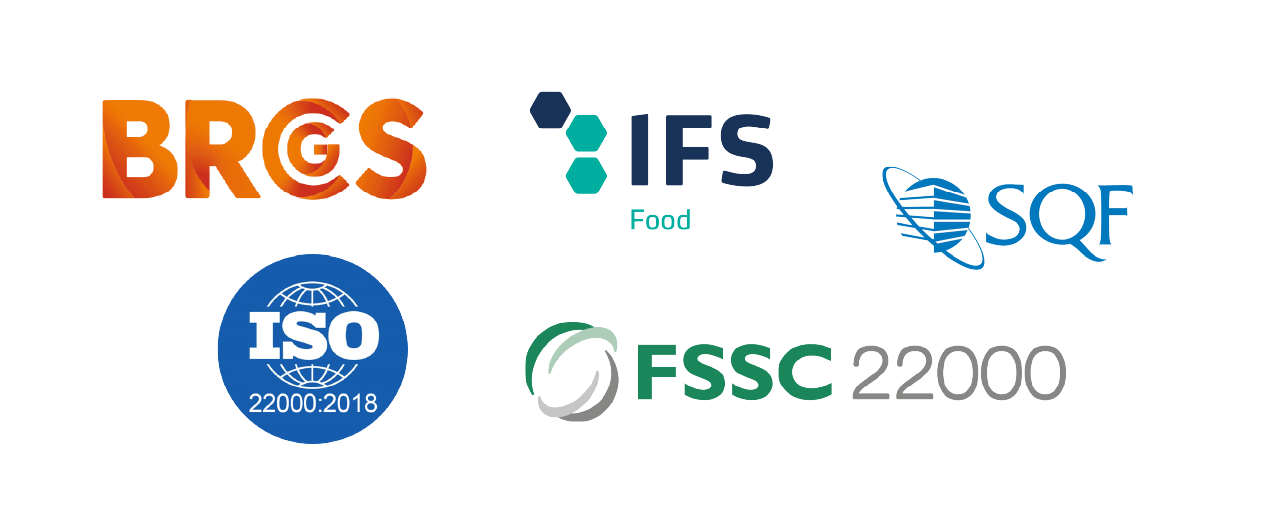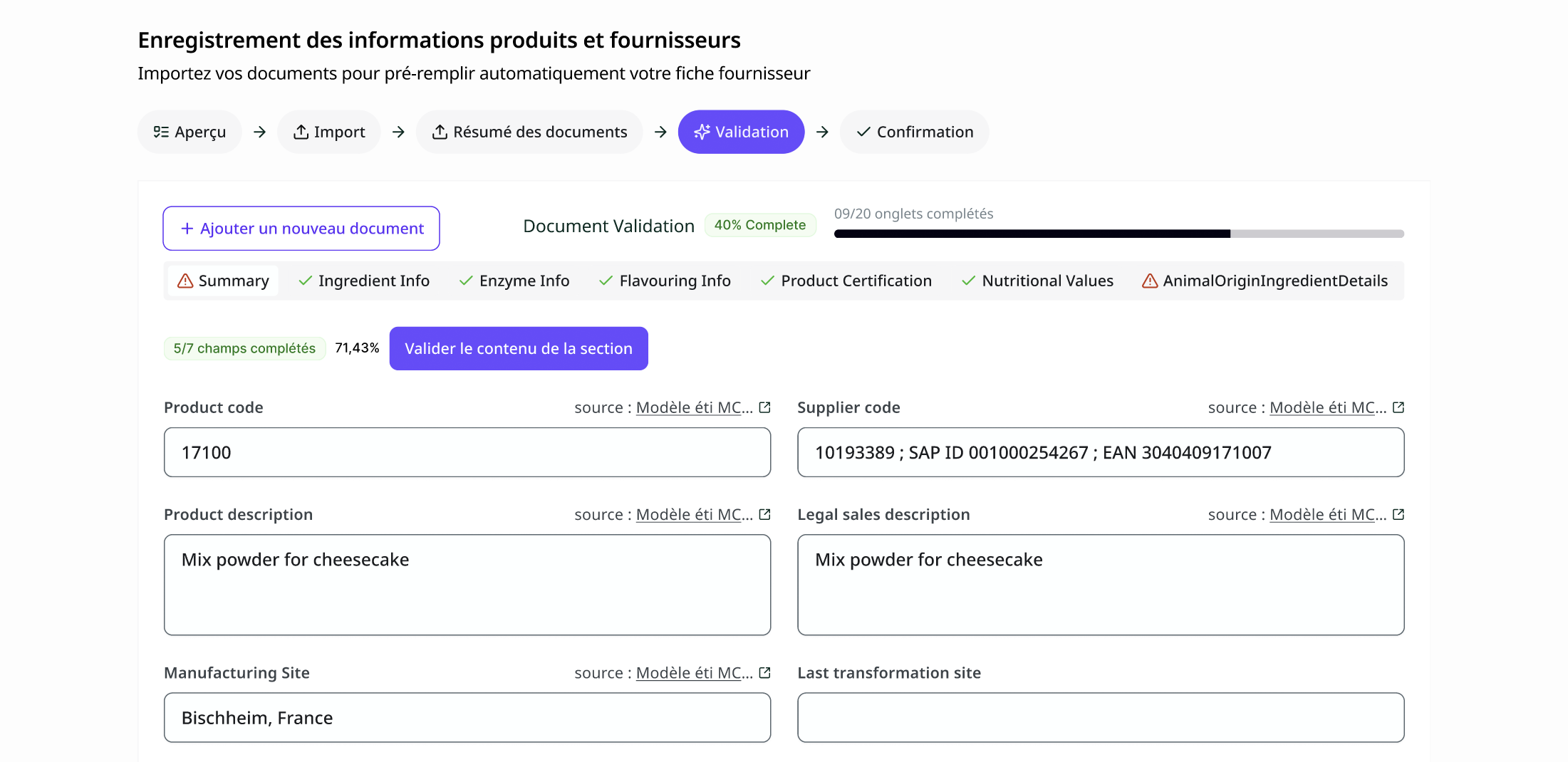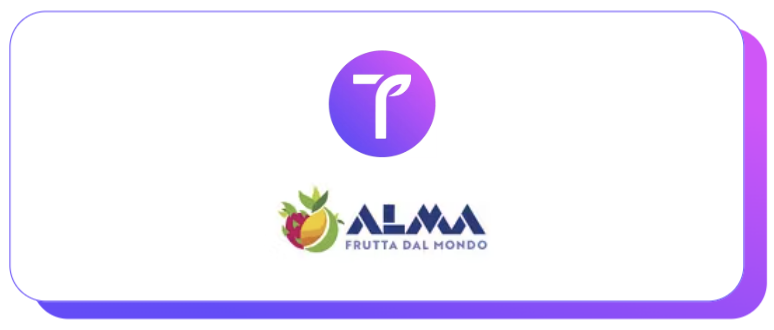Which GFSI certification should I choose?
In the food industry, product safety and quality are top priorities. A company that is committed to achieving certification recognized by the Global Food Safety Initiative (GFSI) shows its commitment to these core values. But why get GFSI certified? How do you choose the right certification, and how can tools like Tracklab (www.tracklab.co) help with this complex process? Let's decipher.

Which GFSI certification should I choose?
In the food industry, product safety and quality are top priorities. A company that is committed to obtaining a certification recognized by the Global Food Safety Initiative (GFSI) shows its commitment to these core values. But why get GFSI certified? How to choose the right certification, and how tools like Tracklab (www.tracklab.co) can they help with this complex process? Let's decipher.
Why get GFSI certified?
The GFSI is a global initiative that brings together internationally recognized food safety standards. These certifications allow companies to assure their customers that their products meet the highest standards in terms of safety and quality.
The benefits of GFSI certification:
- Access to international markets: The majority of distributors and manufacturers now require their suppliers to be certified according to a GFSI standard.
- Risk reduction: GFSI certifications help prevent food safety issues through rigorous audits and standardized procedures.
- Performance improvement: Obtaining certification pushes businesses to adopt effective processes and to follow a continuous improvement process.
- Building trust: A certified company inspires confidence in its business partners and consumers.
Which GFSI certification should I choose?
Several food safety standards are recognized by the GFSI. The choice depends on the specific business and needs of the business.
The most common GFSI certifications:
- IFS Food (International Featured Standard): Ideal for businesses involved in food processing or packaging.
- BRCGS (Brand Reputation Compliance Global Standards): Adapted to food producers and suppliers who want to operate in demanding markets such as the United Kingdom.
- FSSC 22000 (Food Safety System Certification): Suitable for businesses of all sizes and throughout the food chain, integrating globally recognized ISO standards.
- SQF (Safe Quality Food): Often used in North America, this standard also focuses on quality in addition to safety.
How to choose?
- Nature of the activity: Processing, distribution, storage or restoration.
- Business partner requirements: Some customers or distributors prefer a specific standard.
- Local regulations: Some standards are more suited to specific markets or regions.
Why is Tracklab the ideal tool for managing a GFSI certification?
Managing a GFSI certification involves following strict requirements and maintaining ongoing compliance. This requires considerable, often time-consuming efforts, especially in terms of document management, audit monitoring and staff training.
This is where a tool like Tracklab makes all the difference.
The advantages of Tracklab for a GFSI certification:
- Centralized document management: Tracklab brings together all the necessary information and documents, such as supplier sheets, audit records, and certifications, in one place.
- Real-time compliance monitoring: The tool makes it possible to ensure that internal processes meet the requirements of the chosen framework, thanks to clear and up-to-date indicators.
- Automating reminders: Tracklab sends automatic notifications for important deadlines (certification renewal, audits, document updates).
- Reduction of errors: By digitizing processes, Tracklab minimizes the risks of human errors and guarantees perfect traceability.
- Adaptability: Whether you choose IFS, BRCGS or FSSC 22000, Tracklab can adapt to the standard and specific needs of your business.
A strategic investment:
Although certification and maintenance involve costs, the use of Tracklab optimizes resources, reduces administrative burden, and accelerates preparations for audits.
Conclusion
Obtaining a GFSI certification is much more than a formality: it is a strategic lever for ensuring product safety, strengthening partner confidence and standing out in a competitive market.
With varied standards adapted to each need, companies must choose the certification that best meets their activities and objectives. Thanks to innovative solutions such as Tracklab, managing a GFSI certification is not only becoming easier, but also more effective, allowing companies to focus on their core mission: offering safe and quality products.
Simplify your management
Free your teams from reminders and spreadsheets. Track your compliance in real time, at scale.






